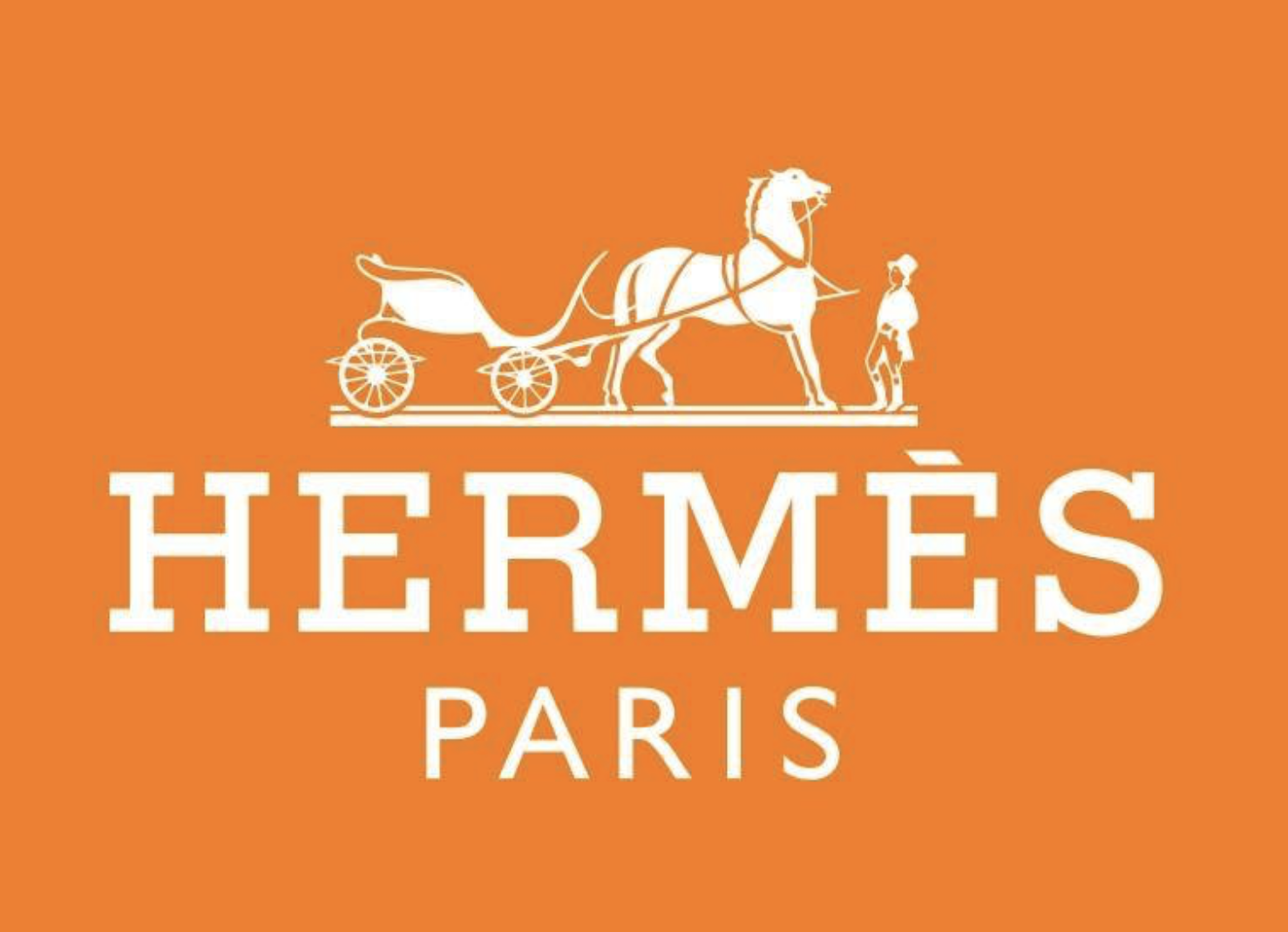
Trade Tensions Dampen 2025 Luxury Market Outlook
The escalating trade war between the US and China is casting a shadow over the luxury market’s hopes for a rebound in 2025. With both nations increasing tariffs, the luxury sector faces a projected 2% decline in revenue, reversing earlier growth forecasts. This economic strain is intensified by shaky consumer confidence and the unpredictability of trade policies. While most luxury brands are expected to experience downturns, Hermès remains an exception, likely to maintain its growth trajectory. The industry braces for a challenging year, with the broader economic implications of these tariffs adding to the uncertainty.
#LuxuryMarket, #TradeWar, #USChinaRelations, #EconomicImpact, #LuxuryBrands, #MarketForecast, #Hermes, #FashionIndustry, #GlobalEconomy, #ConsumerConfidence

Hermès Shines Bright in a Dim Luxury Market: Q4 Sales Soar by 18%
Hermès International has outshone its luxury counterparts by recording an 18% increase in Q4 sales, reaching 4 billion euros.
This performance significantly surpassed analyst expectations and showcased robust growth across multiple regions and product categories, especially in the Americas and Europe.
Despite economic uncertainties affecting rivals like LVMH and Kering, Hermès’s strategic expansions, particularly in the Middle East and Asia, and its dedication to craftsmanship and innovation have solidified its market leadership.
The company remains committed to its long-term strategy, emphasizing creativity and artisanal excellence.
#Hermes

Hermès Continues to Shine Amid Luxury Sector Challenges
Hermès has demonstrated remarkable resilience in the luxury market, posting an 11.3% increase in quarterly sales to €3.7 billion, even as competitors like LVMH and Kering face declines. The brand’s success is attributed to its focus on the ultra-wealthy, maintaining high demand for iconic products like Birkin bags. Despite a global economic downturn, Hermès is sustaining growth through strategic investments in manufacturing, marketing, and IT, alongside enhancing employee benefits. While the broader sector struggles, especially with reduced consumer spending in China, Hermès continues to excel, buoyed by strong sales in Europe and a stable outlook.
#Hermès, #LuxuryMarket, #FinancialPerformance, #LuxuryFashion, #BirkinBag, #MarketResilience, #LuxuryBrands, #EconomicDownturn, #InvestmentStrategy, #FashionIndustry

A Look at Hermès’ Petit h
Petit h, from Hermès, showcases innovation in luxury through its sustainable approach to upcycling. Founded by Pascale Mussard and now led by creative director Godefroy de Virieu, Petit h transforms leftover luxury materials into unique, playful objects. This approach is rooted in the motto, “Nothing is lost, everything is transformed and an object is created.” With a permanent spot in the Hermès Paris store and traveling installations that collaborate with local artists, Petit h illustrates how luxury and sustainability can coexist, providing a model for the industry that emphasizes the potential for creativity in reusing and transforming materials.
#Petith, #Hermes, #SustainableLuxury, #Upcycling, #LuxuryDesign, #ArtisanCraft, #EcoChic, #CreativeReuse, #LuxuryFashion, #InnovationInLuxury

Hermès Outpaces Luxury Market Trends with Strong Q2 Performance
In an era where the luxury market faces considerable challenges, Hermès continues to set itself apart. The revered French luxury house has reported an impressive 11.5 percent increase in its second-quarter revenues, reaching 3.7 billion euros. This growth, which even surpassed expert forecasts, highlights Hermès's resilience and strategic finesse in navigating the fluctuating luxury landscape.
#Hermès, #LuxuryMarket, #Q2Earnings, #FlightToQuality, #LeatherGoods, #FashionIndustry, #BusinessStrategy, #MarketTrends

Hermès Faces Class Action Lawsuit for Unlawful "Tying"
Hermès is facing a class action lawsuit in the United States, accused by two California shoppers of unlawful "tying" practices. The luxury brand allegedly required customers to purchase other items, such as apparel and homeware, before allowing them to buy its coveted Birkin handbags. This strategy is claimed to violate U.S. antitrust laws by abusing market power and restricting consumer choice, echoing similar accusations faced by Rolex for tying purchases to its sister brand Tudor. This lawsuit could challenge established sales practices within the luxury goods industry.